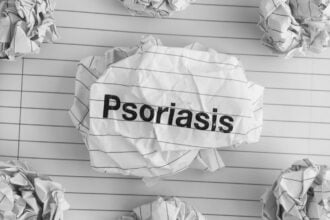One of the persistent challenges of fighting addiction is the risk of relapse, or the full return to an addictive lifestyle after an attempt to quit. Addiction crosses all demographic borders, and it’s possible for anyone recovering from drug or alcohol addiction to relapse, but it’s also possible to never relapse during your recovery. Remember, relapse is a setback, not a failure.
One of the persistent challenges of fighting addiction is the risk of relapse, or the full return to an addictive lifestyle after an attempt to quit. Addiction crosses all demographic borders, and it’s possible for anyone recovering from drug or alcohol addiction to relapse, but it’s also possible to never relapse during your recovery. Remember, relapse is a setback, not a failure.
Forty-seven percent of recovering addicts relapse within the first year after treatment begins. The possibility for recurrence is high: of those who relapse, 61% will relapse again. Over a five-year period, 97% of opiate (not including heroin) and painkiller abusers will relapse at least once. Recovering crack, alcohol, and heroin addicts have similarly high rates of relapse over the course of five years, at 84%, 86%, and 87% respectively. The good news is, if you stay clean for more than five years, your chances of relapse drop dramatically.
Although the 5-year relapse rates by drug can be a little scary, the overall relapse rate for drug addiction of 40-60% is comparable to other chronic illnesses such as Hypertension, Type 1 Diabetes, and Asthma. Dual diagnosis and the presence of common triggers such as being in the presence of drugs/alcohol or others who are using can increase your likelihood to relapse.
Click here to view a larger version.

Infographic by Clarity Way





